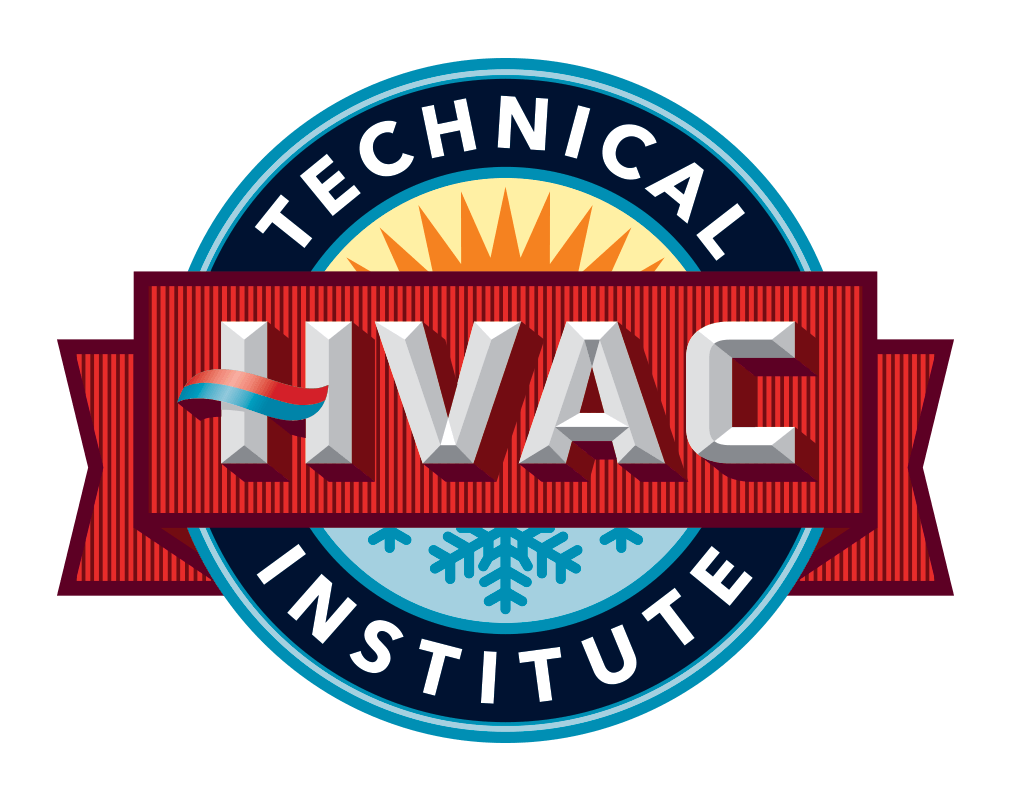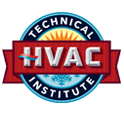5 Hands-On Labs You Will Experience at HVAC School

HVAC school courses do not involve the typical conditions of a classroom. When you attend an HVAC school, many of your classes will go beyond basic notes and lectures to showcase a lot of hands-on learning. The educational labs will provide you with the experience needed to complete HVAC tasks in the real world.
Learn what to expect with some of the hands-on courses found at HVAC school. The courses can provide you with a lot of learning tools. When you know what to expect, you can find different ways to prepare and get a jump start on the best learning experience possible.
1. Furnace Installation
One of the biggest hands-on learning you will come across includes a fully complete furnace installation. Typically reserved for the end of the course, the furnace installation will duplicate a lot of the hands-on learning you will face through an HVAC career.
Along with the assembly of equipment, you will use your skills to fabricate and connect vents to the whole furnace system. The solo project allows you to troubleshoot, plan repairs, and make changes on the fly. You do not need to get overwhelmed right away because the furnace installation comes with a lot of preparation beforehand.
Through the course, you will learn the ins and out of a furnace and take many different repair module labs that will eventually build up to a complete furnace installation. As you learn each piece of the puzzle, you will master your skills.
2. Commercial Freezer Repair
A big part of HVAC careers includes a lot of commercial jobs. You may find yourself at a wide range of businesses that need emergency freezer repairs to keep food and drinks cold and protected. Hands-on labs will showcase all of the elements that go into proper freezer repair.
Due to the compact design and placement in kitchens, many of the labs will focus on access to the freezer and the best ways to look for broken parts. Through hands-on labs, you will learn how to troubleshoot and diagnose freezer issues based on symptoms and sensory clues like strange sounds.
Along with the freezers, the repair tasks will also include refrigerators. Through the hands-on use of parts, you will learn the differences between the two systems and the best ways to move forward with specific repairs.
3. Mechanical Air Conditioner Component Installation & Repair
When you begin hands-on work in air conditioning, you will focus on three key elements of an air conditioner. The elements include a compressor, a condenser coil, and an evaporator coil. Through your training, you will learn how to identify, assemble, and replace all three parts.
Each part provides an essential function in an air conditioner and will also be the main focus of many air conditioner repair jobs. First, you will learn each component individually and then you will expand to a full repair and replacement of all three parts.
Seeing the sizes and different parts included in each component will give you a lot of recall memory when you eventually come across the same parts in the real world.
4. Hot Water Heater Installation & Piping
Hot water heater repair and installation often come hand-in-hand with furnace work for HVAC companies. A lot of hands-on learning will focus on the various types of hot water heaters and ways to properly connect the heaters to a home. You will also spend a good amount of time focusing on pipe installation.
Hot water heaters need to have proper pipe fittings to connect in small areas. You will learn how to manipulate pipes, fabricate connections, and make hot water heaters fit in small spaces. The piping part becomes more important than the hot water heater itself. Your hands-on lab will focus on minimizing damage to the pipes and ways to inspect them for excess damage.
5. Electrical Schematic Diagram Design
Many HVAC programs expand into the world of electrical. If you take electrical courses as part of your training, then you will take many hands-on courses that involve electrical schematics. You will learn how to read electrical designs and how to draw your own schematics. This core understanding will help elevate your learning skills and expand your job opportunities.
Once you learn how to master schematic readings and designs, you will get hands-on with the process and work on electrical installations and repairs. Going beyond the designs with physical interactions will really help you master the topics and build your electrician skills. You will use electrical tools, learn how to wire, and learn how to troubleshoot major issues.
For more information on our courses and opportunities, reach out to us at HVAC Technical Institute. We offer multiple course options, including night courses. For years, our students have thrived with our hands-on approach to learning and have turned their learning into fully-fledged HVAC careers.
CONTACT INFORMATION
BUSINESS HOURS
- Mon - Wed
- -
- Thursday
- -
- Friday
- -
- Sat - Sun
- Closed

